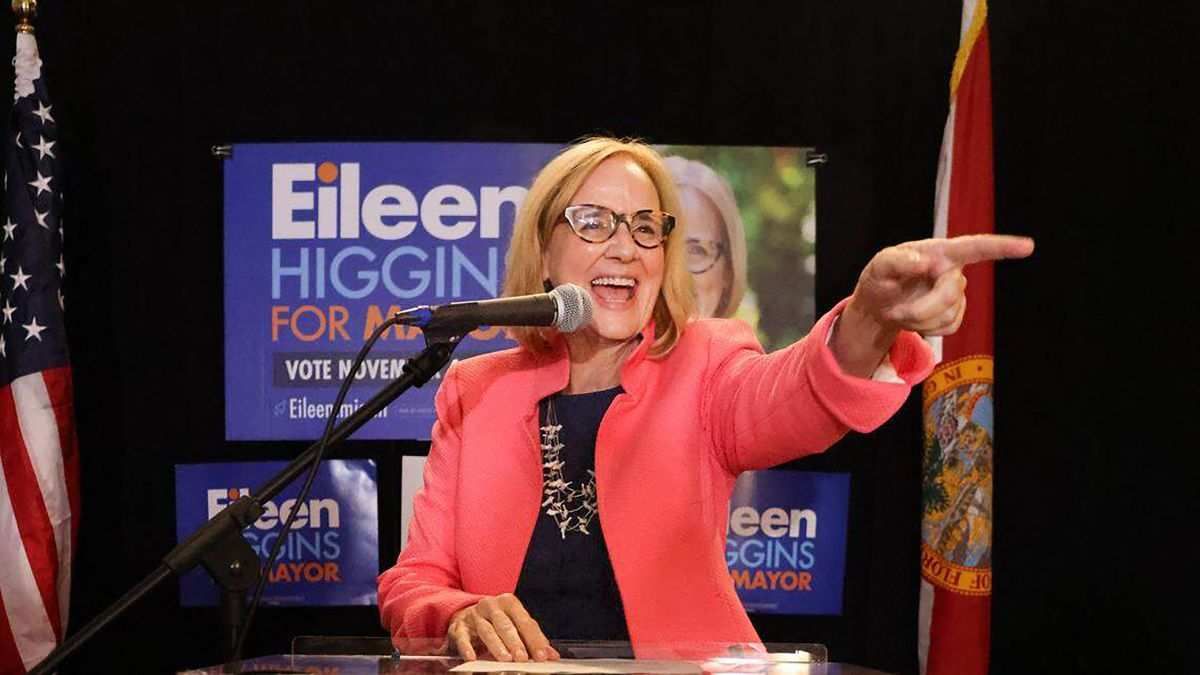News
May 21, 2019
Direct(ed) Democracy In Russia – After thousands of people protested the construction of a new cathedral in a nice park in Yekaterinburg, Russia's fourth largest city, President Putin weighed in to stop construction until a popular referendum can be held. What does that tell us? Well, for one thing, Putin is probably a little more sensitive to public unrest after seeing his approval rating pummeled by a botched pension reform last year. But more to the point, this is a nice illustration of how democracy works in Russia: the new tsar orders accountability to happen when and where it suits his interests.
The Size of Modi's Election Victory – Eight different exit polls released over the weekend show Indian Prime Minister Narendra Modi's BJP party comfortably ahead in the country's 6-week national election. Voting ended on Sunday, with final results due on Thursday. How big will the BJP's margin be? In 2014, the party won the first outright parliamentary majority in India in 30 years, but after mixed economic results and rising concerns about sectarian tensions, the BJP went into this election on shakier ground. We're watching to see if Modi heads into his second 5-year term emboldened with another majority, or if he's forced to cobble together an unwieldy coalition of parties in order to govern.
What We're Ignoring: Cash for Peace and a Southern Switcheroo
The Deal of the Millennium – President Trump has a plan to secure peace between Israel and Palestine. That plan is: buy it. The administration announced over the weekend that it will hold a "economic workshop" in Bahrain in late June to get Gulf and other Arab states to funnel aid to Palestine, in exchange for which the Palestinians are expected to drop their long-held demands for an end to Israeli settlements, the designation of East Jerusalem as their capital, and (some form of) formal statehood. We're skeptical that cold cash will solve one of the most intractable conflicts on earth. Also, it's not a great sign that the Palestinians themselves don't even plan to attend.
Don't Cry for Veep, Argentina – With her country in crisis (yet again), Cristina de Fernández Kirchner, the controversial left-wing populist who ran Argentina between 2007 and 2015, is increasingly well-positioned to return to power in elections later this year. But over the weekend she pulled a surprise move, announcing that she'd be running only as vice president, allowing former aide Alberto Fernández, whose politics are seen as somewhat more moderate than hers, to top the ticket. We get that it's an electoral strategy meant to broaden Kirchner's appeal among centrist voters, but let's be serious: if the ticket wins, only one Fernández will really be running the country – AND SPOILER: IT'S NOT GOING TO BE ALBERTO.More For You

Miami Mayor-elect Eileen Higgins points as she thanks her staff and supporters on the night of the general election, on Tuesday, Nov. 4, 2025.
Carl Juste/Miami Herald/TNS/ABACAPRESS.COM
A Democrat won Miami’s mayoral race for the first time in nearly 30 years. The Republican defeat will ring some alarms for the party – and their support among Latino voters.
Most Popular
Walmart’s $350 billion commitment to American manufacturing means two-thirds of the products we buy come straight from our backyard to yours. From New Jersey hot sauce to grills made in Tennessee, Walmart is stocking the shelves with products rooted in local communities. The impact? Over 750,000 American jobs - putting more people to work and keeping communities strong. Learn more here.
© 2025 GZERO Media. All Rights Reserved | A Eurasia Group media company.